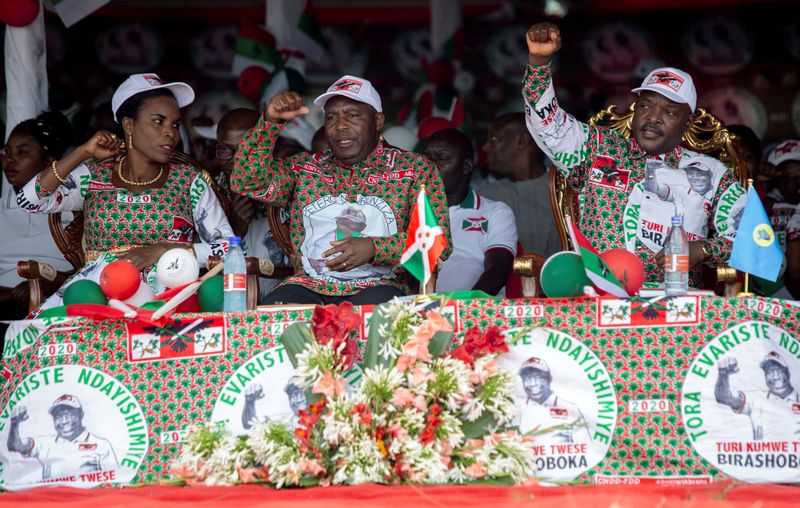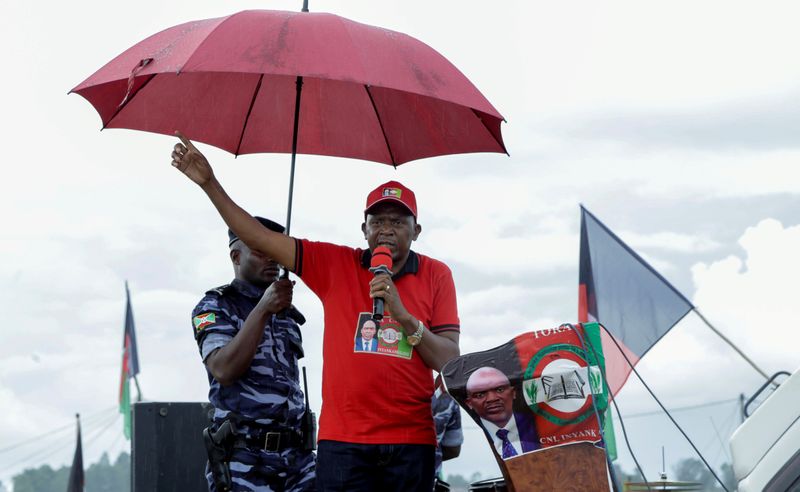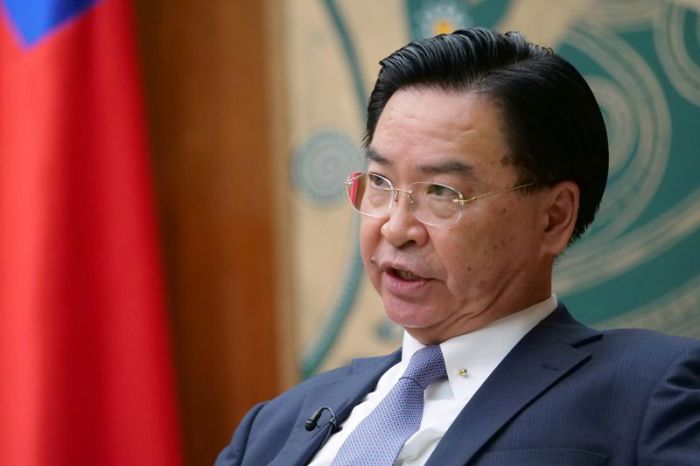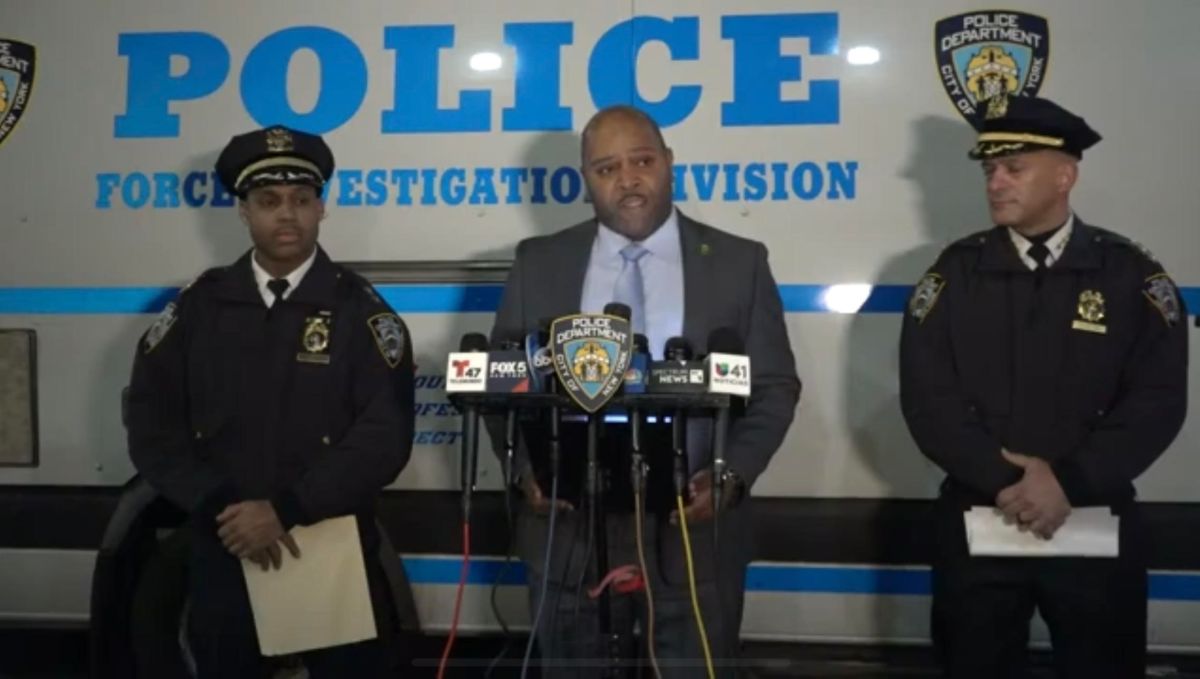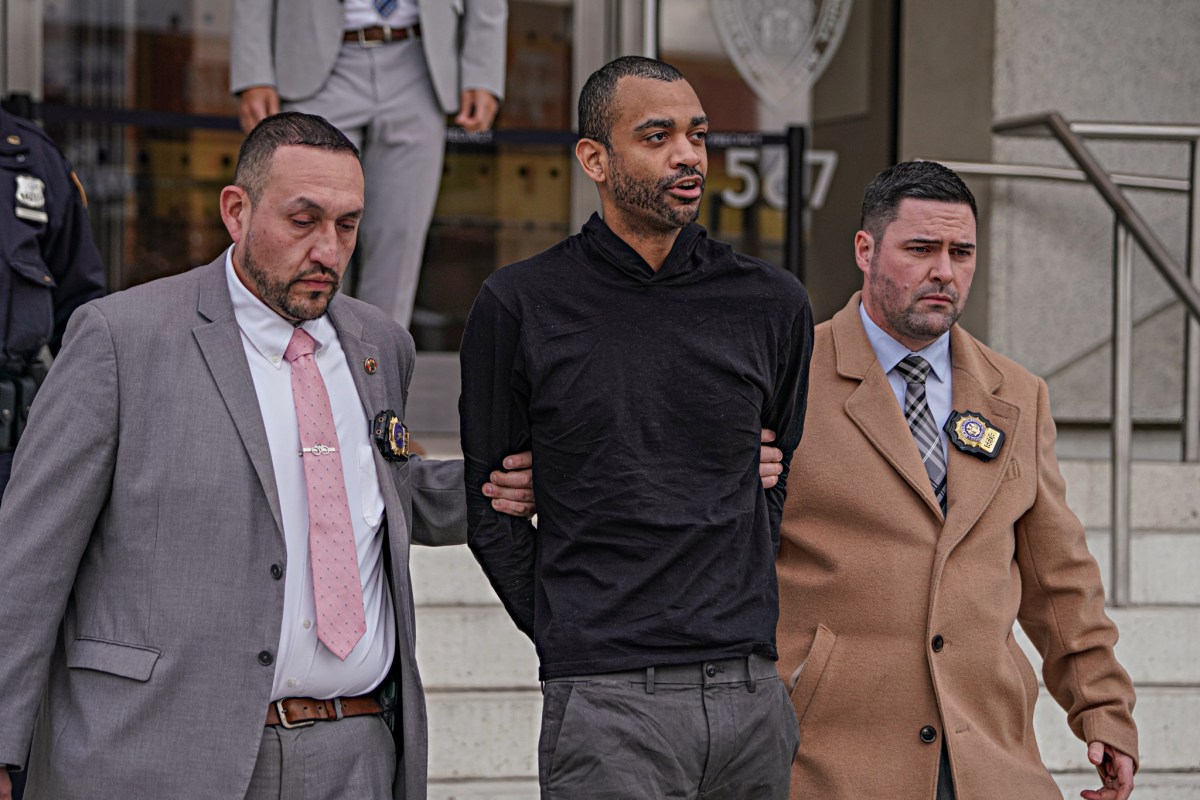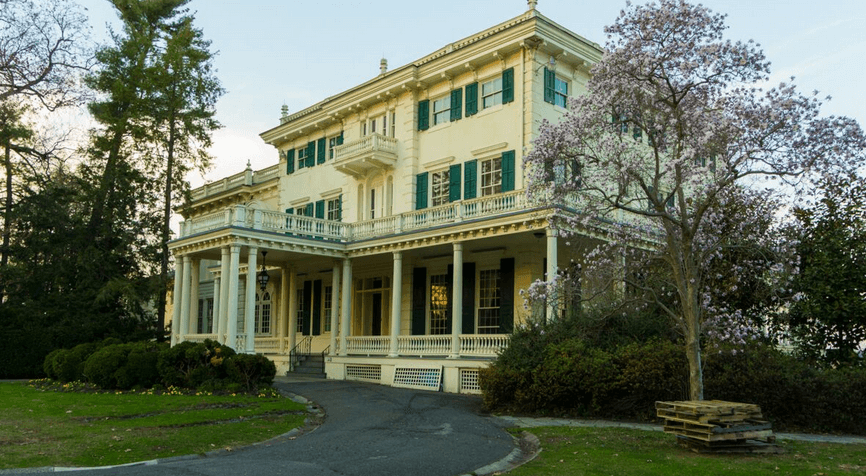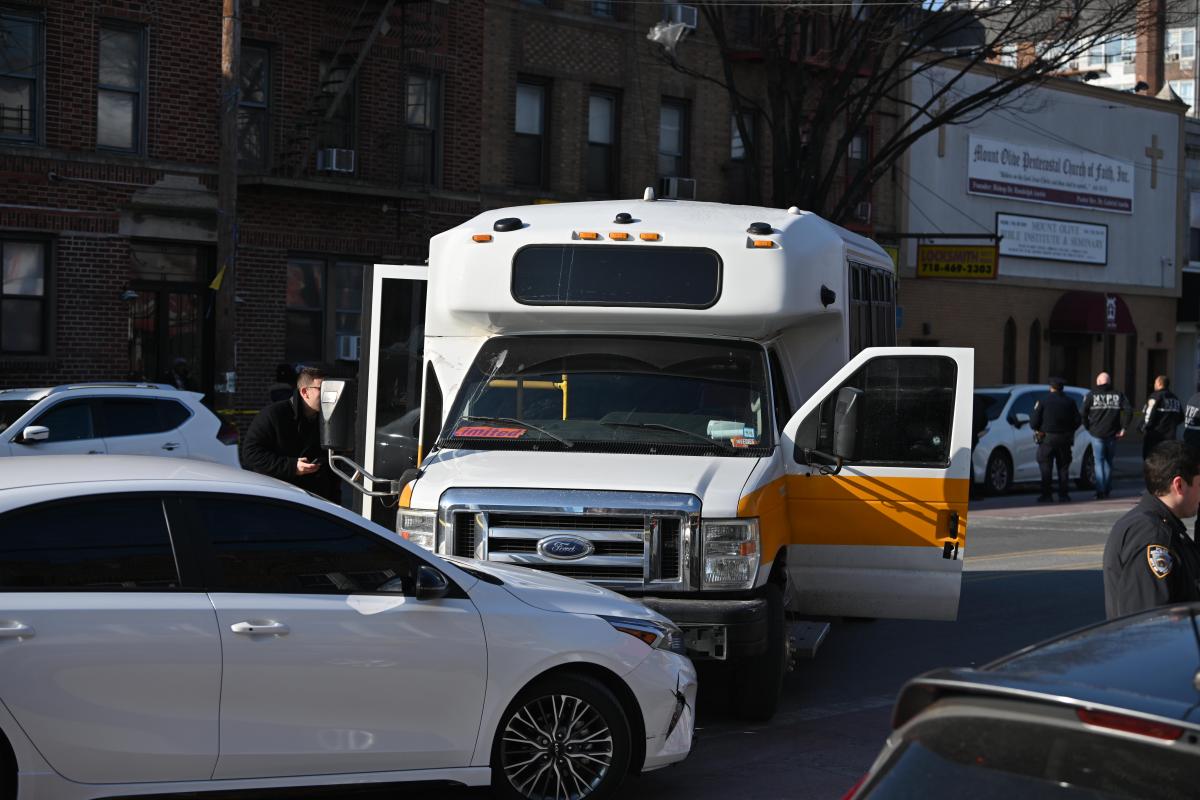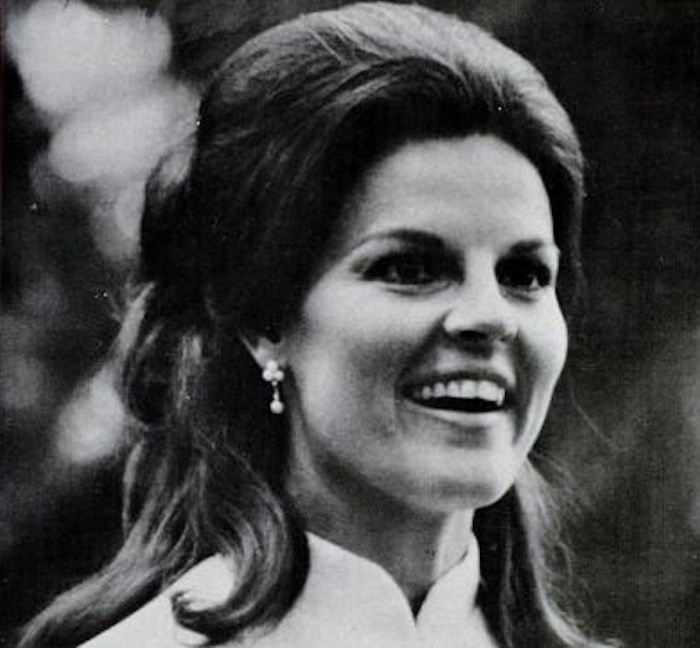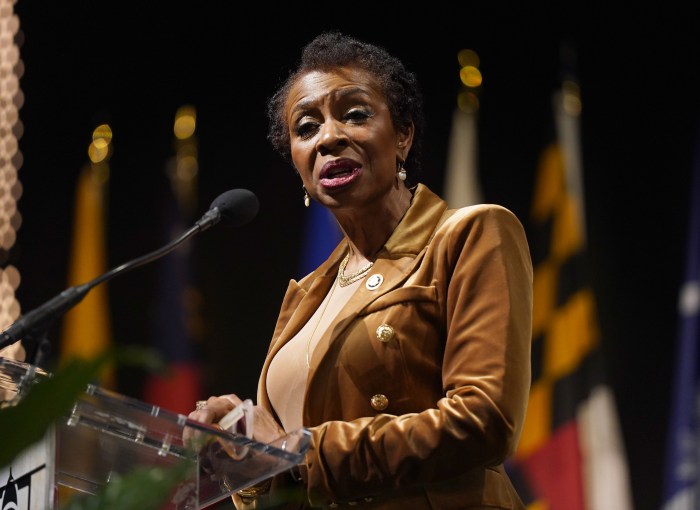NAIROBI (Reuters) – Burundi holds its first competitive presidential election next week since a civil war erupted in 1993, but simmering political violence and fears that campaign rallies could accelerate the spread of the coronavirus have already marred campaigning.
President Pierre Nkurunziza, who has faced accusations of political repression at home and abroad, is stepping down after 15 years in office, although the former rebel leader is set to remain a prominent force in the poor East African nation.
He has nominated retired army general Evariste Ndayishimiye as candidate for the ruling CNDD-FDD party, which staged a final rally on Saturday with thousands of people dancing to music, chanting slogans of support and waving flags.
“We will swallow our dark past which does not deserve to be our prison,” Ndayishimiye told the cheering crowd, promising “to do everything possible to end all the causes of conflicts” in Burundi, where 300,000 people were killed during the 12-year civil war that ended in 2005.
Six other candidates are running in Wednesday’s election, including opposition leader Agathon Rwasa, who is deputy chairman of the national assembly and leader of the CNL party.
Opponents boycotted the 2015 poll, accusing the government of election abuses and rights violations, charges it denied.
“The ruling party and the government is trying to show that this is a legitimate process,” said Nelleke van de Walle from the International Crisis Group, adding that Rwasa had been able to open offices and hold large rallies around Burundi.
But Burundi has said most election observers would have to undergo a 14-day quarantine. Journalists say they face constant threat of arrest or attack, and many have fled the country, while some civil society organisations have been closed.
REPEATED CRITICISM
The government shut the United Nations human rights office last year after its repeated criticism that the youth wing of the ruling party and security services were torturing, gang-raping and murdering political opponents.
Rights groups say attacks have increased in the run-up to Wednesday’s presidential, legislative and municipal elections.
Ndayishimiye and Rwasa were senior commanders in predominantly Hutu militias that fought in the civil war against an army that was led at the time by ethnic Tutsis. Nkurunziza came to power as part of a peace deal that ended the conflict.
The country was plunged into violence again in 2015 after Nkurunziza sought a third term in office, a move his opponents said violated the constitution and terms of the 2005 deal.
Nearly half a million people fled during that crisis five years ago and the battered economy has never recovered. Violent protests eventually subsided but low-level political violence continues.
One voter, too fearful to give her name even though she backed the ruling party, told Reuters she planned to vote for the CNDD-FDD because it offered better welfare for Burundians.
“They give us rice and beans and can build houses for the most vulnerable among us like elders or widows,” the 45-year-old vegetable seller said.
Nkurunziza will remain president until August, and a new constitution has given him sweeping powers to declare a state of emergency if the results are disputed.
This week, his government expelled the representative of the World Health Organisation in Burundi despite mounting fears that election rallies could help spread the new coronavirus.
The nation of 11 million has reported 27 cases so far but has only carried out about 520 tests in total.
(Writing by Nairobi newsroom; Editing by Gerry Doyle and Edmund Blair)

